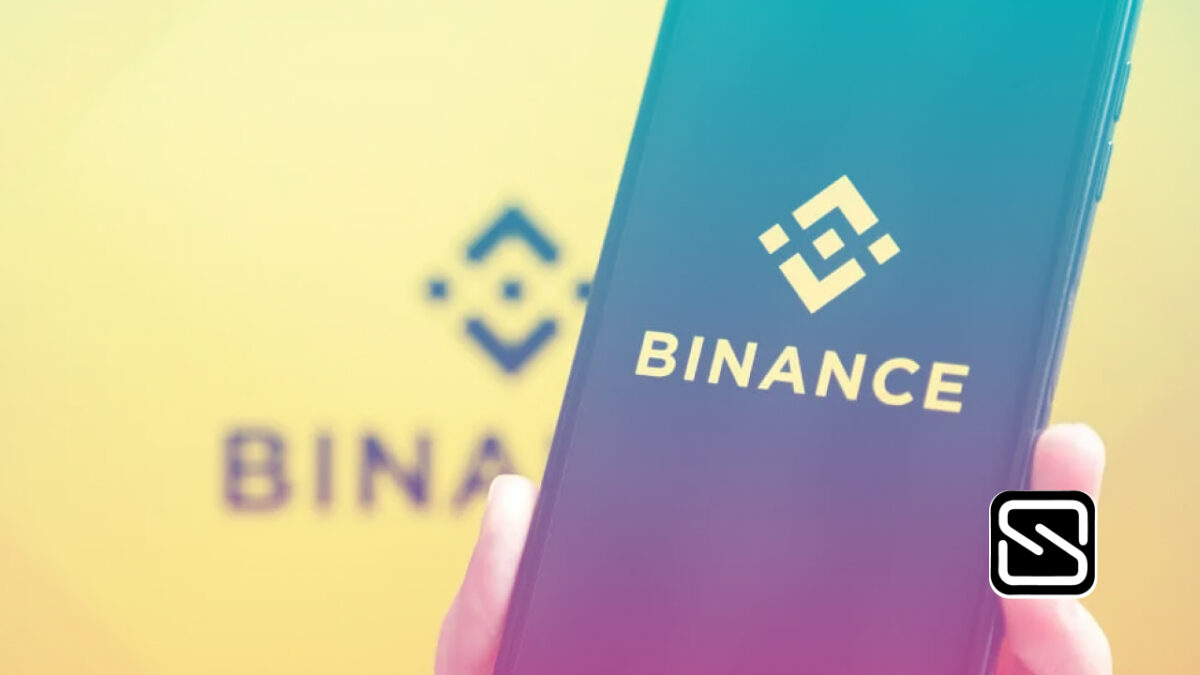Worldcoin, the iris-scanning crypto project, has rolled out a Community Grants Program via the Worldcoin Foundation. Initially, the program allocates a pool of two million WLD across three distinct grant tracks. These tracks encompass community grants, project grants, and open-track grants, tailored to varying scales and scopes of community initiatives.
Community grants, limited to 5,000 WLD, focus on supporting events, sponsorships, and hackathon projects. Meanwhile, project grants, offering up to 25,000 WLD, target more extensive endeavors. The most substantial projects fall under open-track grants, without predefined budget limits. The grants will be accessible to creators, technologists, builders, and organizations contributing to Worldcoin’s community growth and well-being.
However, it’s important to note that these grants aren’t available to individuals or companies in or associated with the United States or certain restricted territories.
The native token WLD experienced a 3% drop against the U.S. dollar following Sam Altman’s departure from OpenAI’s board members. Nonetheless, after deliberations about the company’s future, Altman was reinstated and resumed his role as CEO at OpenAI. Altman played a pivotal role in Worldcoin’s inception as he serves as the chairman and co-founder of Tools for Humanity, the entity behind developing and expanding the Worldcoin project.
Interested parties can submit grant applications from December 6 to December 22, 2023, with recipients set to be announced in January 2024.









